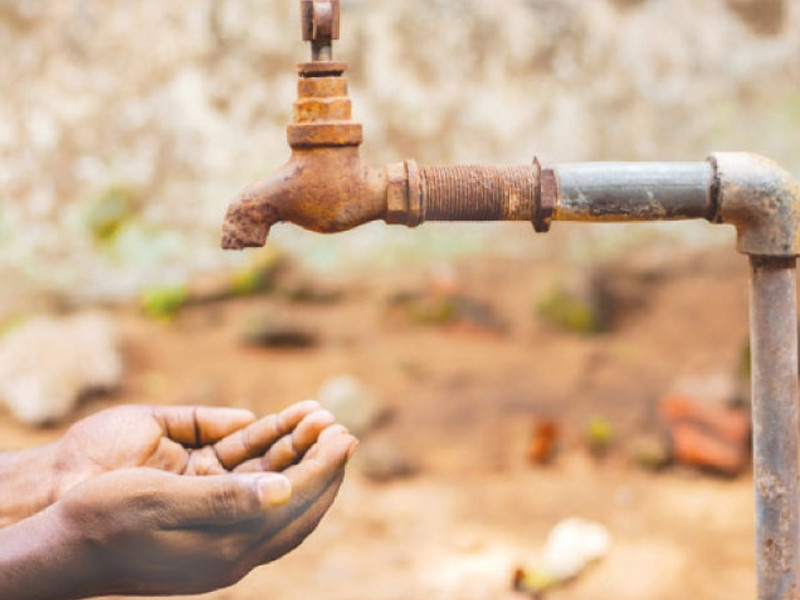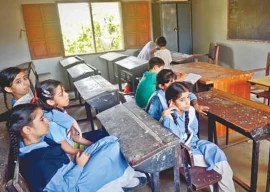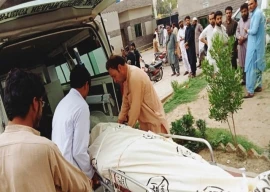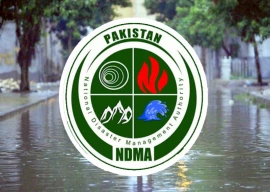
Despite numerous initiatives to provide safe drinking water, small restaurants, especially 'Dhaba' style outlets, operate in suburban and rural areas without the facility.
The food points continue to serve unsafe drinking water to the customers,causing serious health concerns for citizens, particularly labourers who frequent these eateries.
In recent years, both the government and various welfare organisations have installed water filtration plants across South Punjab to combat the issue of unsafe drinking water.
These plants are a lifeline for the local population, with almost every household relying on them to fetch clean water for daily use.
However, the situation at small eateries tells a different story. These outlets not only serve unsafe water to their customers but also use it in food preparation, including kneading flour and making tea.
This practice is putting the health of countless people at risk, particularly those who are already vulnerable due to their economic conditions.
A local resident, Saad Qureshi, called upon the government to take immediate action to ensure that safe drinking water is used at the eateries. "These hotels are playing with the lives of the people, especially the labourers who rely on them for affordable meals," he said.
"It's not just about the water they serve; it's the water they use in all their food preparations," another citizen said.
The health implications of consuming contaminated water are severe. Unsafe drinking water is a known cause of numerous diseases, including diarrhoea, cholera, and more alarmingly, hepatitis.
According to health experts, including Dr Waqas and Dr Fakharul Islam, the situation could lead to a surge in these diseases if left unchecked.
Labourers, who are the primary customers of these small outlets, are particularly at risk. Many of them already live in challenging conditions, with limited access to healthcare. The consumption of unsafe water exacerbates their vulnerability, the doctors said.
"These labourers work long hours in difficult conditions, and the last thing they need is to fall ill due to something as basic as water," said Furqan Alvi, a concerned citizen.
He urged the authorities to conduct regular inspections of the small restaurants to ensure compliance with health and safety standards.
He also called for the installation of small water filtration plants at the outlets to provide clean and safe water to the customers.
"If households can access clean water from filtration plants, there's no reason why these hotels can't do the same," said Salman Amjid.
The demand for safe drinking water is not just about addressing a public health issue but it is about ensuring the dignity and well-being of all citizens, regardless of their economic status. The government's efforts to provide clean water must extend beyond households and include all public establishments, particularly those that cater to the working class, he remarked. APP


1724745879-0/Untitled-design-(2)1724745879-0-165x106.webp)
1724746115-0/Untitled-design-(9)1724746115-0-165x106.webp)

1723119450-0/jlo-ben-(6)1723119450-0-165x106.webp)
1724749340-0/Untitled-design-(2)1724749340-0-270x192.webp)

















COMMENTS
Comments are moderated and generally will be posted if they are on-topic and not abusive.
For more information, please see our Comments FAQ